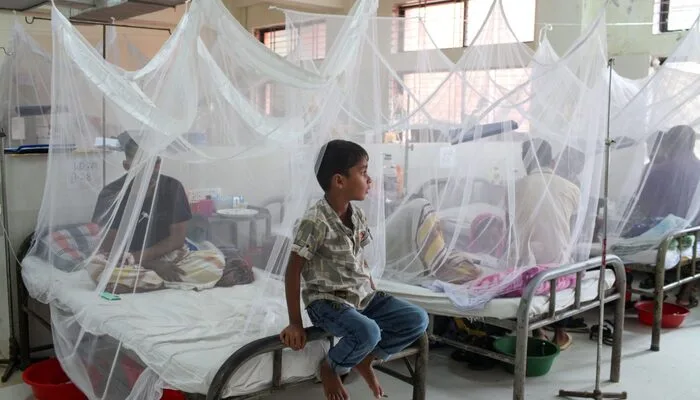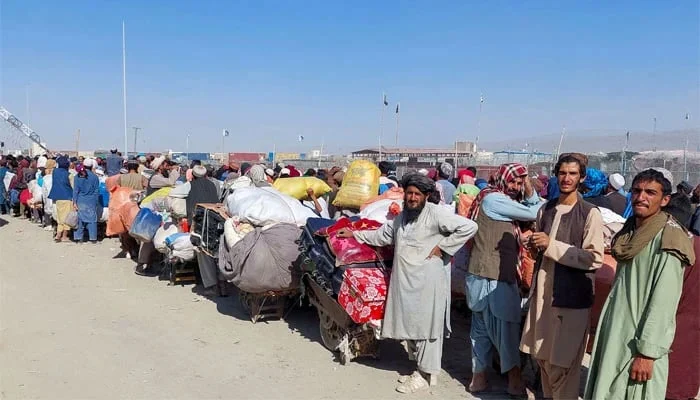
The number of dengue cases continue to rise in Khyber Pakhtunkhwa (KP) as the province recorded 44 new cases on Saturday, bringing the total number of infections to 2,935 this year. Health authorities are encouraging the public to take stringent precautions to prevent further transmission of the mosquito-borne virus, with the highest infection rates recorded in Peshawar and Nowshera districts.
Health Experts Stress the Importance of Prevention
During an awareness seminar at Qazi Hussain Ahmed Medical Complex in Nowshera, medical professionals underscored the need for residents to follow preventive measures, particularly the elimination of standing water, a prime breeding ground for dengue-carrying mosquitoes. In addition, Dr. Sardar Sohail Afsar, the medical complex’s director, emphasized that these efforts would be sustained through an ongoing awareness campaign focused on reducing dengue cases in Nowshera, where the disease has already claimed two lives.
Read: Pakistan Clinches Test Series Against England with Nine-Wicket Win
Dengue Cases Surge in Nowshera and Peshawar
Nowshera, the current epicenter of dengue in KP, has recorded 193 cases, while the provincial capital Peshawar leads with 1,001 cases. As a result, this upward trend has prompted local hospitals to intensify their response to the outbreak. In a presentation at the event, Dr. Kamran Hakeem Khan Deen Wazir, the hospital’s director, highlighted the symptoms of dengue, which include headache, joint pain, nausea, vomiting, and high fever. He urged anyone experiencing these symptoms to seek medical advice immediately to mitigate the risk of complications.
Rising Cases and Hospitalizations
Health officials reported that of the 2,935 infected individuals in KP, 2,517 recovered, though 450 patients are in hospitals due to more severe cases of dengue hemorrhagic fever. The latest report indicated that eight new patients required hospital care within the past 24 hours, underscoring the ongoing impact of the outbreak on healthcare facilities across the province.
As cases continue to climb, health experts urge all residents to remain vigilant, apply preventive measures, and seek timely medical assistance. The rising number of cases has led to widespread calls for community action, education, and awareness as the most effective tools to control the spread of dengue in Khyber Pakhtunkhwa.
Follow us on Google News, Instagram, YouTube, Facebook,Whats App, and TikTok for latest updates












